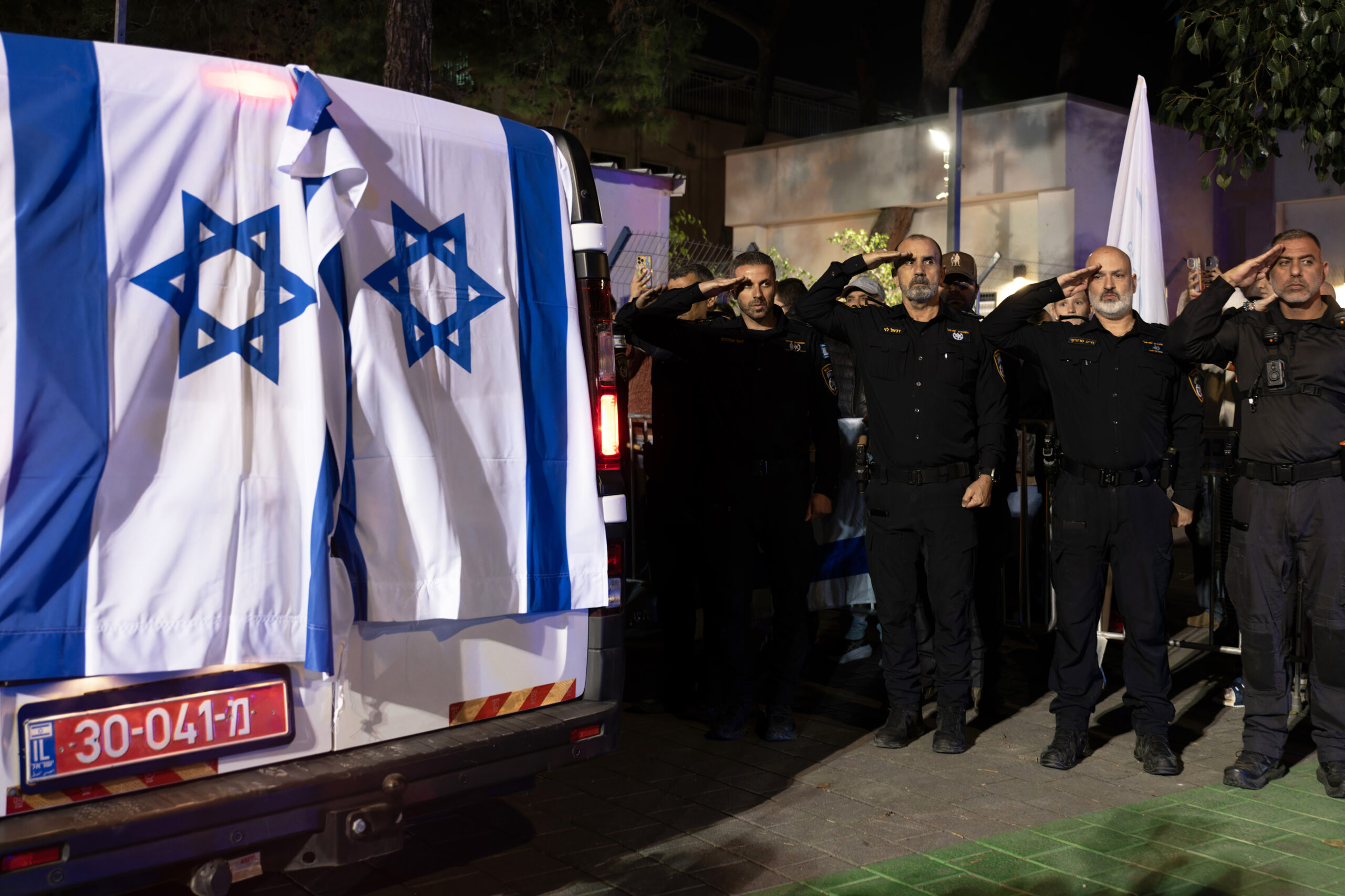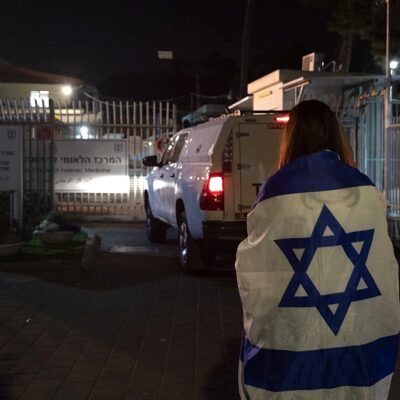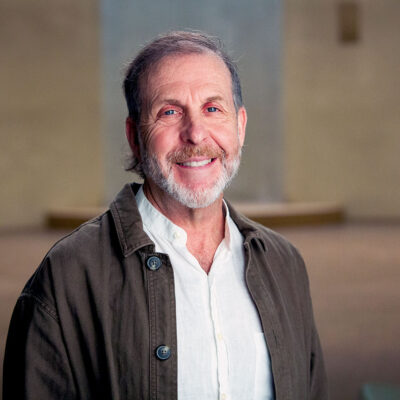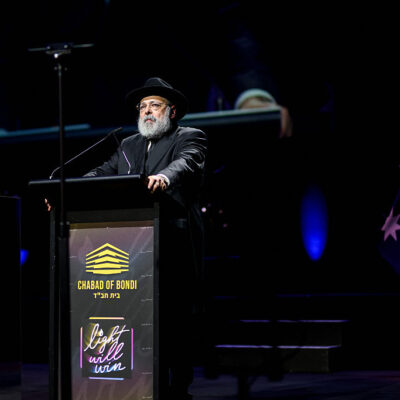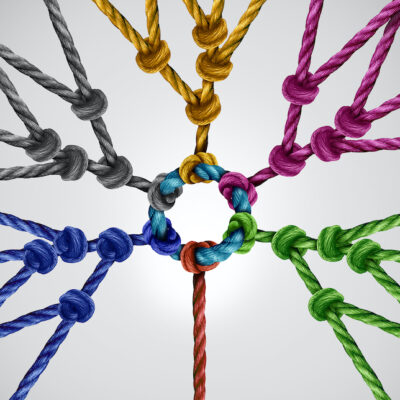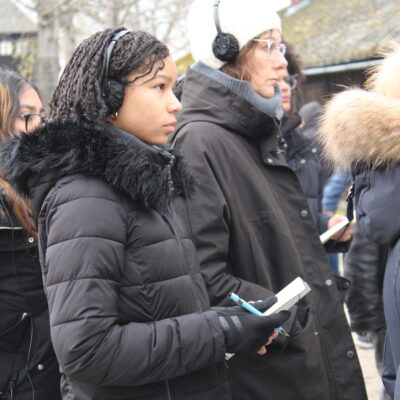Opinion
On the classroom front
Today, Jewish educators are flicking a switch
In Short
Teachers and program leaders are juggling their own terror and worries about what is happening in Israel while showing up for their students to support them through this historic moment.
Like everyone else, Jewish educators have been glued to their screens as the devastation of what transpired in the south of Israel this past weekend becomes even clearer and so much worse than anyone could have possibly imagined.
Just like us, these educators have shed many tears and frantically texted friends and relatives in Israel. They have reached out to former colleagues and shlichim (Israeli emissaries) they met on their professional journeys, praying as they checked in that these Israelis and their loved ones are not among the dead, the injured, the missing or the hostages.

Maskot/Getty Images
At the same time, Jewish educators have also been preparing for that unthinkable moment when they would set foot in the classroom after such a calamity. Many rehearsed the first words they would utter and steeled themselves to try valiantly to keep it together in order to avoid instilling fear in their students. Somehow, they will be able to flick some imaginary switch in their minds and hearts and go into overdrive or on auto-pilot to do what they do best: be Jewish educators.
Some teachers will show maps; others will sing songs or display flags; still others will show footage from the battlefield. These Jewish educators, teaching our children of all different ages and in a wide variety of settings, instinctively know that they need to be there for their learners. They need to answer every question. They need to make space for the student who has relatives in Israel, and also recognize that there are children in the room for whom what is transpiring in Israel could be happening in any other part of the world.
Teachers will fight to hold back tears, but many will not succeed. I remember the first time I cried in front of my students. It was an eighth-grade class, two days after the assassination of Yitzhak Rabin in 1995. I couldn’t hold those tears back. Many of the students didn’t understand why I was crying; I struggled to explain it then, as many more Jewish educators will struggle in the days to come.
It is the day after, but it is not the end. Not even close. For many Jewish educators, this will be the first extended war that they have lived through, and certainly the most calamitous. If you are a principal or a headmaster, a CEO or an executive director, a rabbi or a board member, remember what your educators are going through at this moment. Give them the time to grieve and to hug, and then grant them the chizuk (support) to do what they do best: be there for our children.
As for the rest of us: Don’t be surprised if after that first lesson, activity or program you find a Jewish educator weeping uncontrollably, once again consumed by the immense sorrow that we are all experiencing.
May we all find strength in the coming days, and offer our Jewish educators every support that they will need until we see an end to this bloodshed.
David Bryfman is the CEO of The Jewish Education Project.

 Add EJP on Google
Add EJP on Google